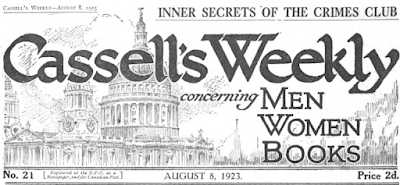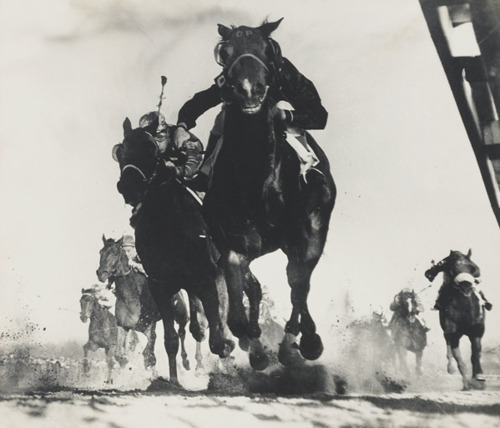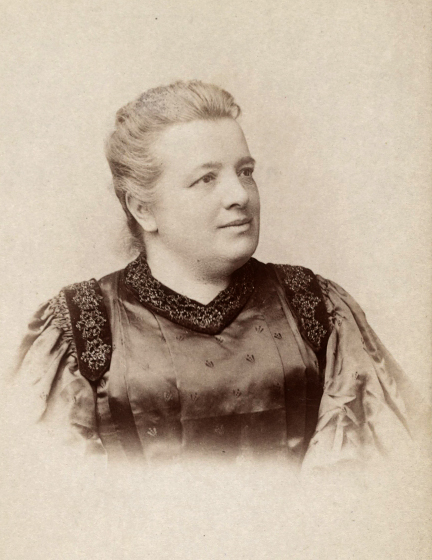BY THE TIME this article appeared, Sherlock Holmes had been "dead" for about a year (see "The Final Problem"), with his Adventures and Memoirs readily available in hardcover and the prospect of his reemergence exceedingly dim. It was at this point that today's author decided to consult . . .
"A Detective on Detective Stories."
By W. E. Grey (?-?).
First appearance: Cassell's Family Magazine, December 1894.
Article (6 pages).
Online at Hathi Trust (HERE; preferable) and below.
". . . still, I feel pleased he has stopped writing them."
In a previous article (HERE), we weren't surprised that at least one high-level Scotland Yard official didn't hold the Sherlock Holmes stories in as high regard as the general reading public of the time did; this interview with an anonymous lower-ranking police detective echoes that sentiment and broadens it to all detective stories:
References and resources:
- Wikipedia has a page listing the Sherlock Holmes canon (HERE).
- "Seven Dials": Referenced in an Agatha Christie story:
"Seven Dials is a road junction in the St Giles district of the London Borough of Camden, close to Covent Garden in the West End of London. Seven streets converge at the roughly circular junction, at the centre of which is a column bearing six sundials – the column had been commissioned before a late-stage alteration of the plans from an original six roads to seven" (Wikipedia HERE).
- "Austin succeeded in forging a Bank of England note": Does the detective mean Austin Bidwell?
"From 21 January to 28 February 1873, four American con-artists defrauded the Bank of England of £102,217, equivalent to nearly £10 million in 2015. The four men responsible for the Bank of England forgeries, brothers George and Austin Bidwell, George MacDonnell and Edwin Noyes were convicted at the Old Bailey and sentenced to life imprisonment" (Wikipedia HERE).
- "another detective story in which the forger leaves his trade and takes to stealing the plans of a new torpedo": That would be Arthur Morrison's "The Case of the Dixon Torpedo" (HERE).
- "Mr. Springfield was the author": One writer who would fit the time and description would be Lincoln Springfield (1865-1950); FictionMags's thumbnail: "Born in West Ham, England; journalist in London; died in Salisbury, then Southern Rhodesia." FictionMags lists three possible stories:
(1) "The Hyde Park Gardens Tragedy," The Idler, May 1894 (which is probably the one discussed)
(2) "Mohican’s Derby," The Idler, June 1894
(3) "The Matrimonial Agency," The Idler, September 1894.
~~~~~~~~~~~~~~~~~~~~~~~~~~~~~~~~~~~~~~~~~~~~~~~~~~~~~~~~~~~~~~~~~~~~~~~~~




























